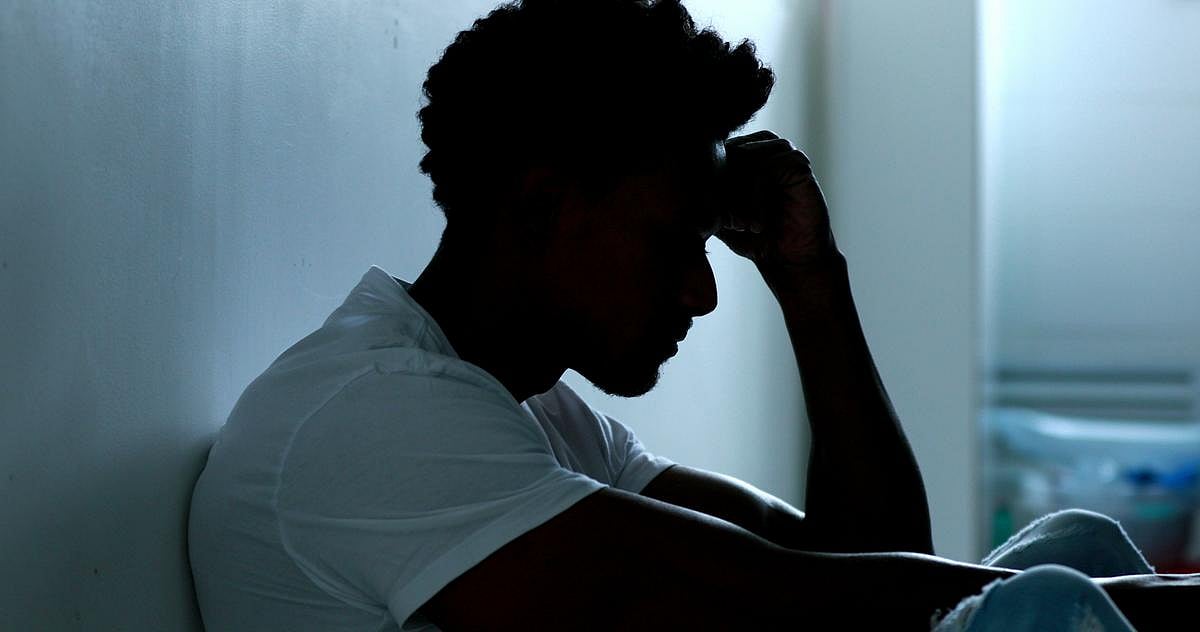Get Healthy!

- Dennis Thompson
- Posted December 19, 2024
New Youth Mental Health Program Shows Promise
Teenagers who land in an ER with a mental health crisis can be effectively helped by a community-based program.
New research shows that troubled teens placed in such a program were significantly less likely to return to the ER or require inpatient psychiatric care due to a follow-up crisis.
The program did not reduce risk of a subsequent suicide attempt, but did reduce the risk of being hospitalized for a suicide attempt.
The study looked at the effectiveness of the Crisis and Transition Services (CATS) program created by the Oregon Health Authority.
“Although CATS may not reduce suicide attempts overall, youths in this program were able to return home rather than be hospitalized in an [inpatient] unit, thereby decreasing the burden placed on EDs to board youths and allowing youths to stay in the community,” wrote the research team led by Dr. Rebecca Marshall, an associate professor of psychiatry with Oregon Science and Health University.
For the study, researchers tracked more than 500 kids ages 11 to 17 referred to CATS between 2018 and 2020.
Health officials set up the program to respond to the needs of rural teens who don’t have access to the sort of psychiatric programs available in urban areas, according to an article in Psychiatric News.
“If you get in a motorcycle accident in Baker City, that little hospital in Baker City knows exactly what to do,” Robin Henderson, chief executive of behavioral health with Providence Oregon, said in the article. “They have a playbook. They know where to send you, how to stabilize you, and these things can happen very quickly.”
“But if a child psychiatric crisis shows up, they would end up reinventing the wheel every time. What we are proposing is to take a page from the playbook of a successful, regionalized crisis system and apply that to mental health,” Henderson continued.
Teens qualify for CATS if they have severe depression or anxiety, have mental health problems that impair their ability to function, or if they are a danger to themselves or others, researchers said.
CATS provides 24/7 crisis response, sets up in-home individual or family therapy, and makes crisis safety plans for the teens, researchers said. Services last for up to 45 days, after which the teens transfer to other support programs.
“This study suggests that community-based crisis intervention programs with an array of services and that focus on bridging youths to longer-term services may represent a safe and effective alternative to ED boarding for some youths with high-acuity behavioral health needs,” the researchers concluded.
More information
Oregon Health & Science University has more about the CATS program.
SOURCE: American Psychiatric Association, news release


